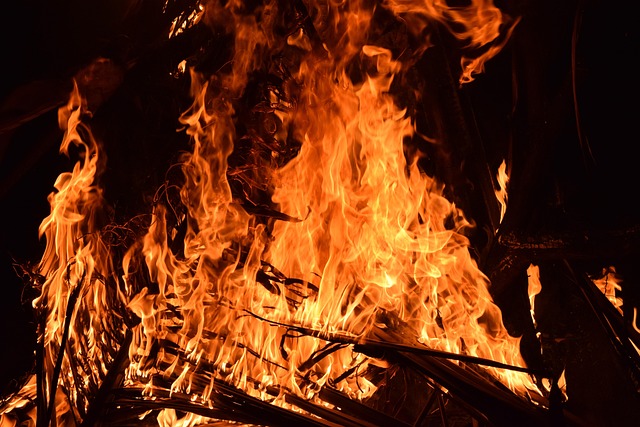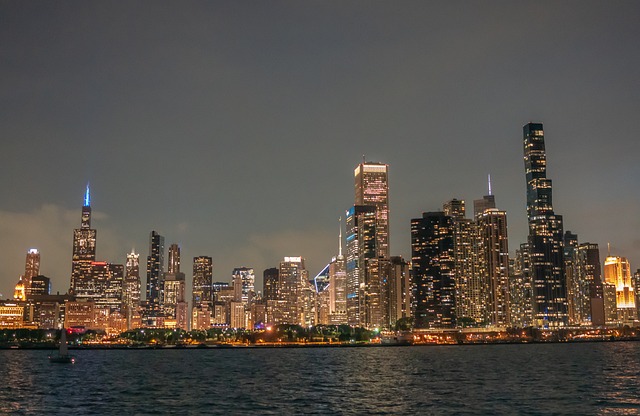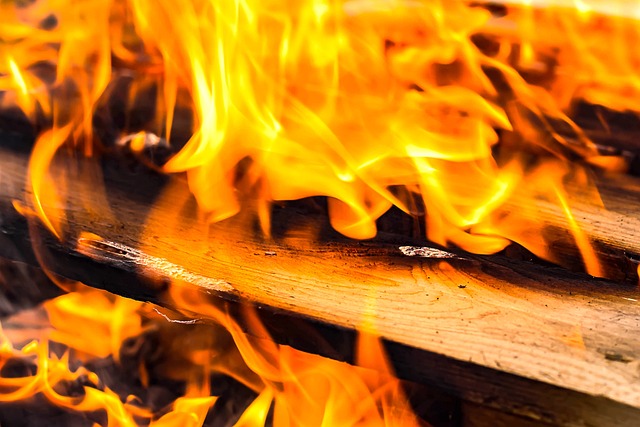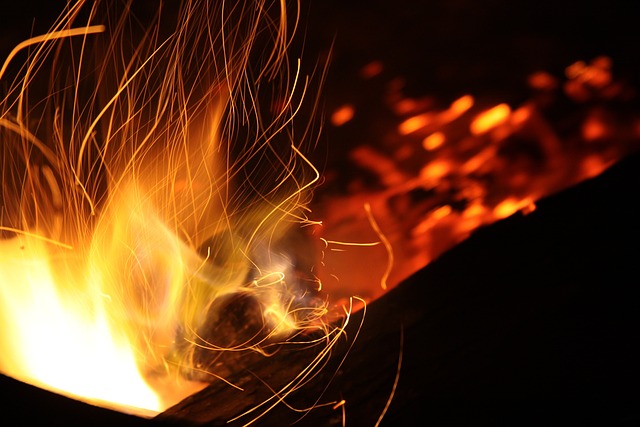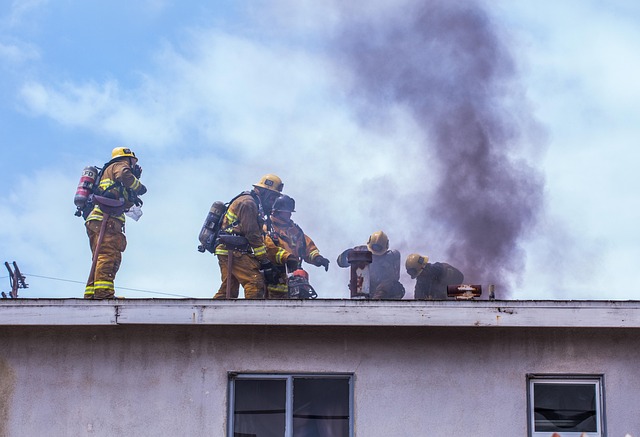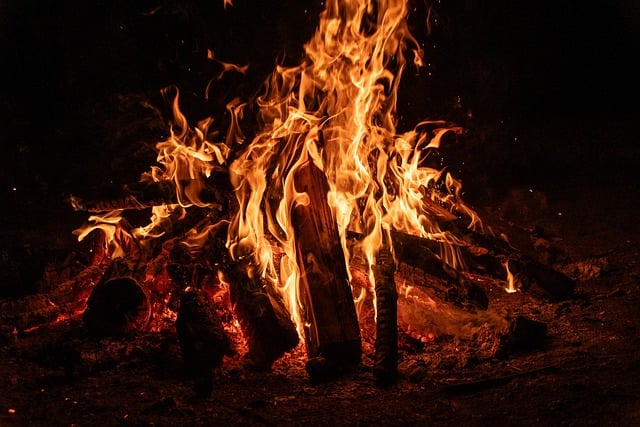Selling a fire-damaged home in Chicago requires navigating complex property valuation due to diverse neighborhoods and varying real estate values. Homeowners should engage professional appraisers for accurate assessments, inspecting walls, ceilings, structural elements, and systems for damage. Recovery potential depends on location, market conditions, infrastructure, and community engagement, with insurance reimbursements and reconstruction costs also impacting selling prices. Transparency and careful marketing can transform a fire-damaged property into an attractive opportunity in Chicago's competitive real estate market.
After a devastating fire, property valuation in Chicago can be a complex process. This guide navigates the challenges of assessing and selling a fire-damaged home in the city. We explore key aspects, from understanding post-fire valuations to identifying damage and navigating the sales process. By examining location’s impact on recovery and providing insights for both homeowners and buyers, this article offers valuable information for anyone involved in selling a fire-damaged property in Chicago.
- Understanding Post-Fire Property Valuation in Chicago
- Assessing Fire Damage: What to Look For
- The Impact of Location on Property Value Recovery
- Navigating the Selling Process After a Fire Damage Event
Understanding Post-Fire Property Valuation in Chicago
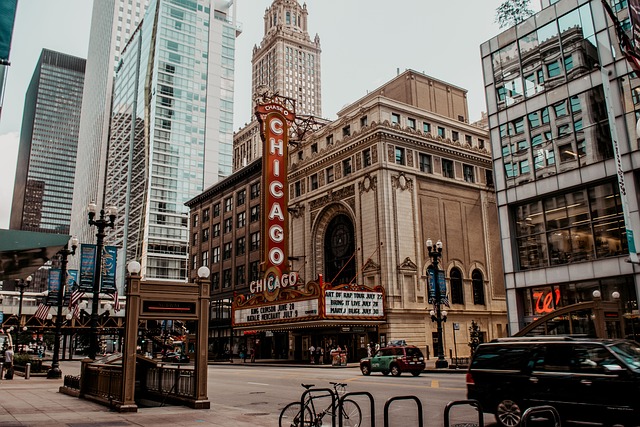
After a fire, homeowners in Chicago often find themselves navigating complex property valuation processes when considering to sell their damaged homes. Post-fire property assessment is a critical step that requires careful consideration and expertise. In this context, understanding the unique dynamics of the local real estate market becomes essential for fair and accurate valuations.
Chicago’s diverse neighborhoods and varying property values mean that each fire-damaged home will have its own set of circumstances affecting its resale value. Factors such as the extent of damage, neighborhood demand, and reconstruction costs play significant roles in determining the price a seller can expect. Engaging professional appraisers with experience in post-disaster property valuation is crucial for obtaining an accurate estimate when selling a fire-damaged house in Chicago.
Assessing Fire Damage: What to Look For
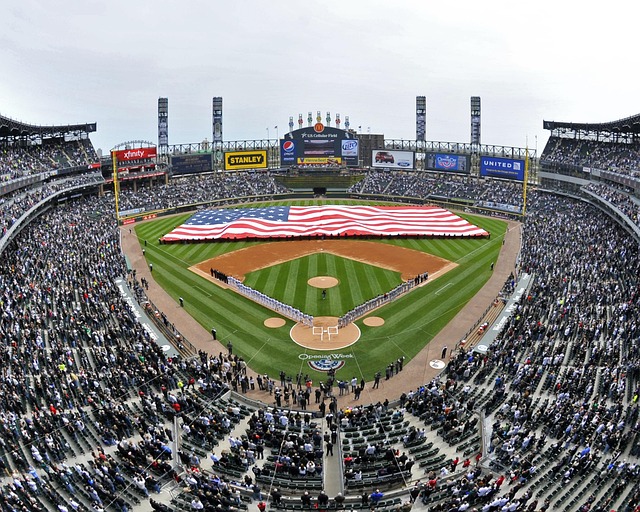
When assessing fire damage in a property, Chicago residents and prospective buyers should look for several key indicators. Initially, inspect visible signs of charring or smoke damage on walls, ceilings, and structural elements like beams. Check for water damage as well, as fires often lead to leaks from damaged pipes or roof tiles. Look out for warped doors and windows, which could signal thermal expansion from the fire. Floors may also be affected, with potential warping or uneven surfaces.
Pay close attention to odour – a smoky or burnt aroma can linger even after visible damage is repaired. Check electrical and plumbing systems thoroughly, as they are critical components in selling a fire-damaged house Chicago. Look for any signs of blackened insulation around wires or compromised pipes. Assess the structural integrity of the building, ensuring no significant damage to foundational elements that could compromise safety and stability.
The Impact of Location on Property Value Recovery
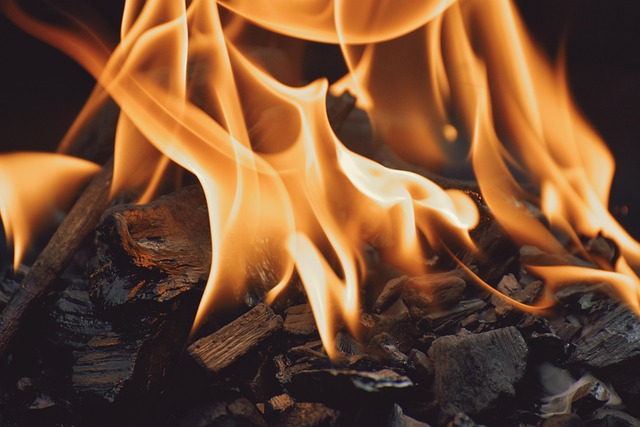
The recovery and valuation of property after a fire in Chicago can be significantly influenced by its location. Areas with high demand, strong neighborhood connections, and vibrant real estate markets tend to see faster and more substantial value recoveries for fire-damaged properties. These neighborhoods often have desirable amenities, good schools, and low crime rates, making them attractive to potential buyers. As such, selling a fire-damaged house in Chicago can be more feasible in these locations, where the property’s potential buyers are not deterred by the previous damage.
In contrast, properties in areas with limited infrastructure, high unemployment rates, or poor community engagement may face challenges in recovering their pre-fire values. These neighborhoods might require more extensive revitalization efforts to attract buyers, and the process could take longer. Additionally, insurance reimbursements and reconstruction costs can vary widely based on location, further impacting the property’s eventual selling price.
Navigating the Selling Process After a Fire Damage Event

After a fire damages a property in Chicago, navigating the selling process can be complex and daunting. Homeowners often find themselves unsure of the next steps, especially with concerns about potential buyers’ perceptions of the damaged property. The initial step is to assess the extent of the damage; this involves professional inspections to determine repair costs and feasibility. With accurate estimates in hand, homeowners can begin preparing their home for the market. This preparation may include repairs or renovations to restore the property’s value and appeal.
In Chicago, selling a fire-damaged house requires transparency and careful marketing. Homeowners should disclose all relevant information about the incident and its aftermath. Real estate agents play a crucial role in this process, helping to stage and showcase the home while emphasizing its potential for renovation. Buyers who are willing to see past the initial damage can appreciate the opportunity to invest in a property with renovation potential, making it an attractive option in a competitive Chicago real estate market.
Post-fire property valuation in Chicago requires a nuanced understanding of both the physical damage and the emotional impact on neighbors. By thoroughly assessing fire damage, considering location’s influence on recovery, and expertly navigating the selling process, owners of fire-damaged homes in Chicago can achieve fair market value. Remember that, when it comes to selling a fire damaged house Chicago, expertise and a strategic approach are key to a successful transition.

